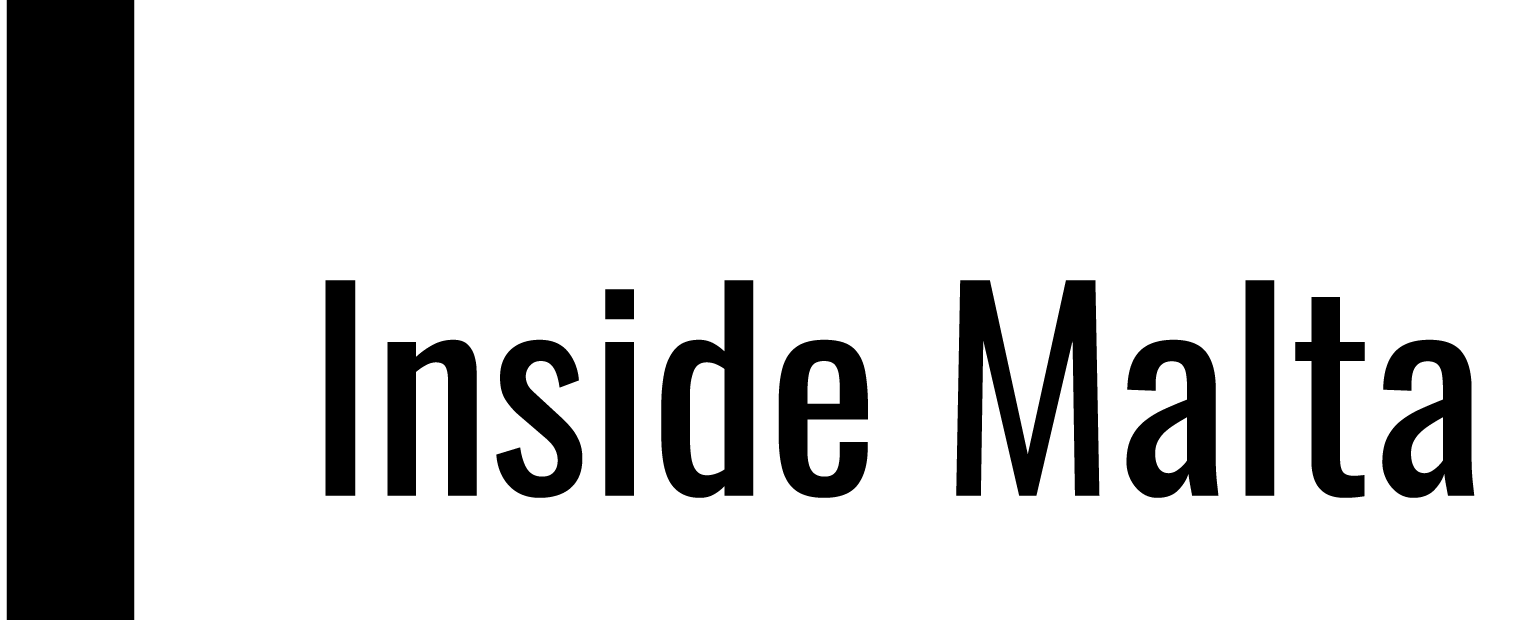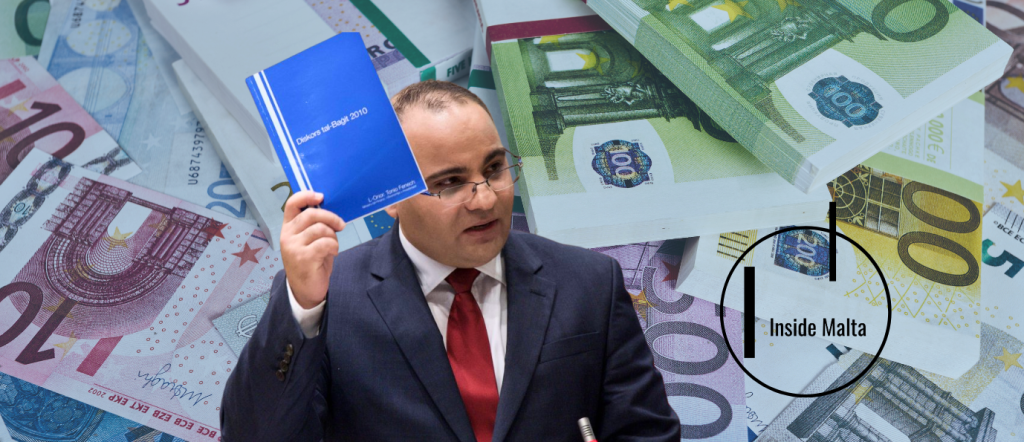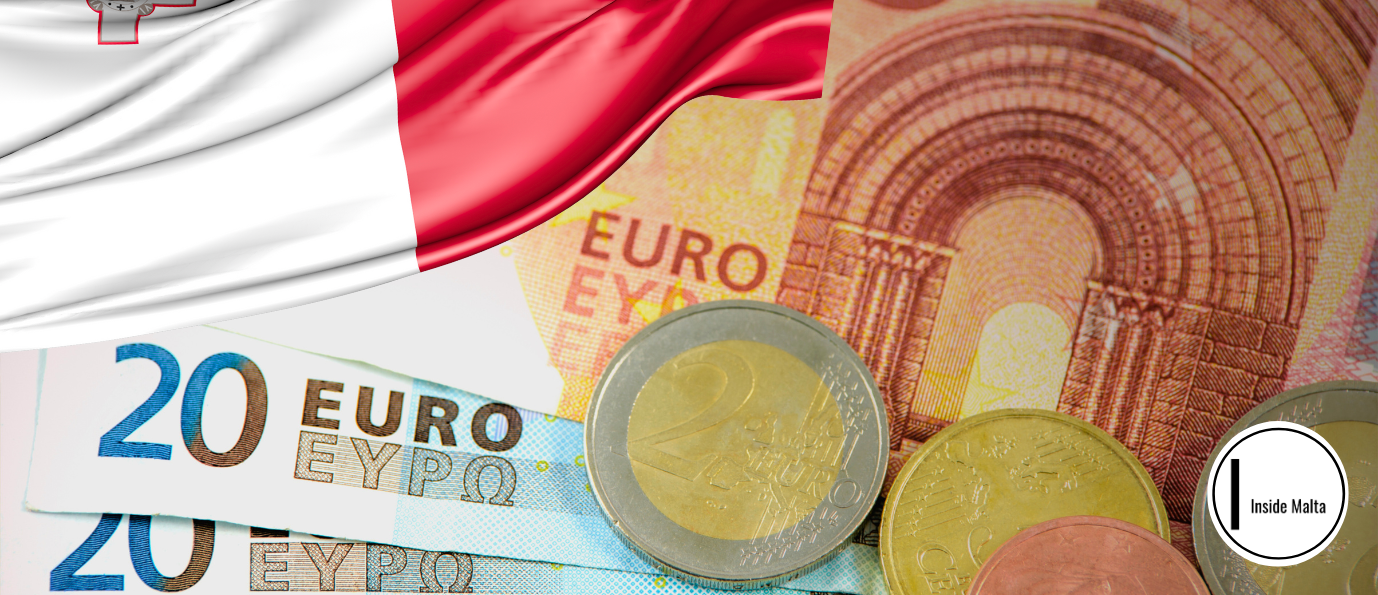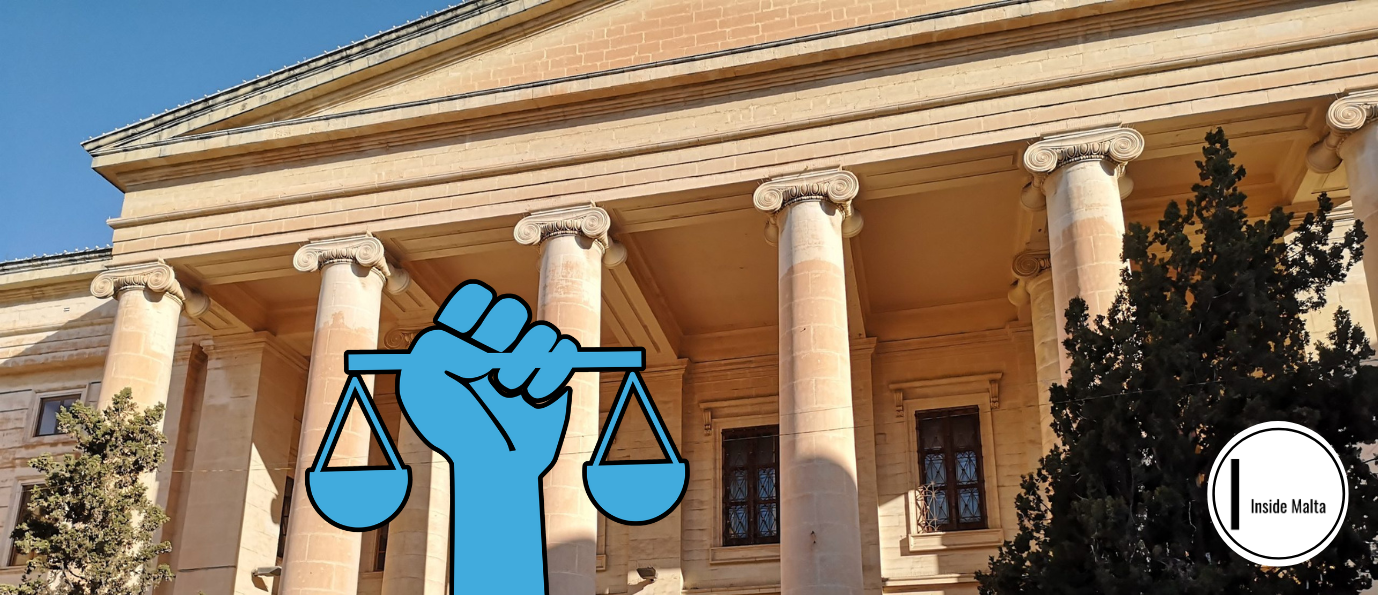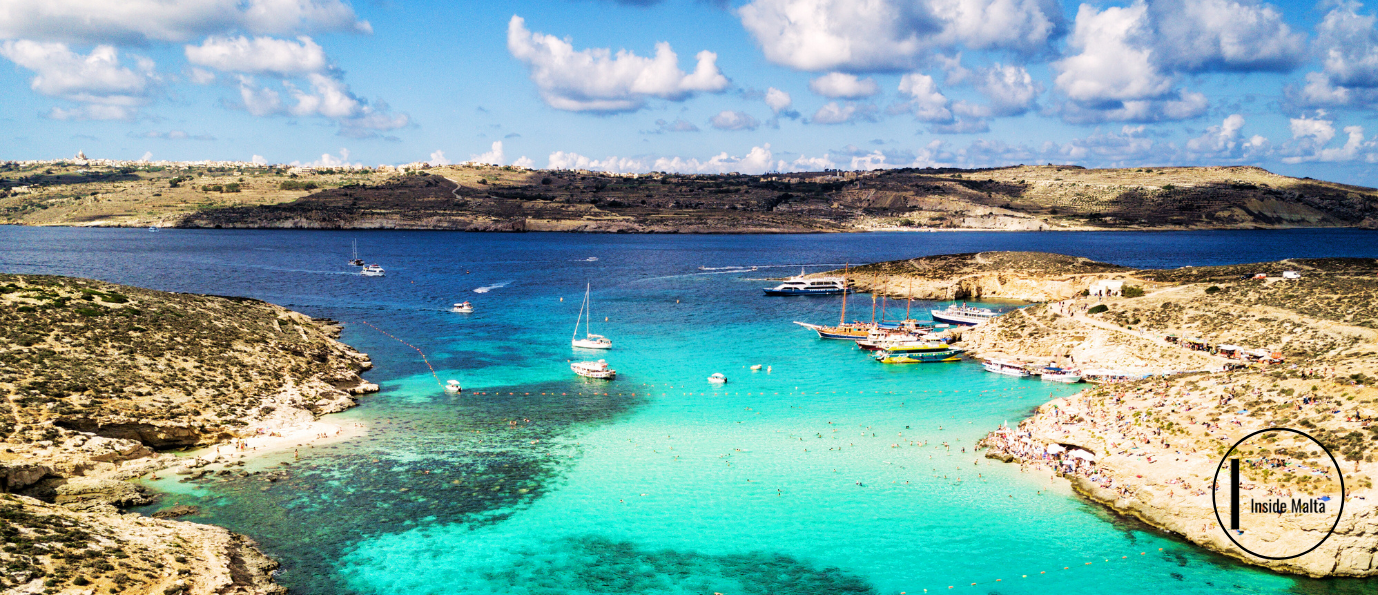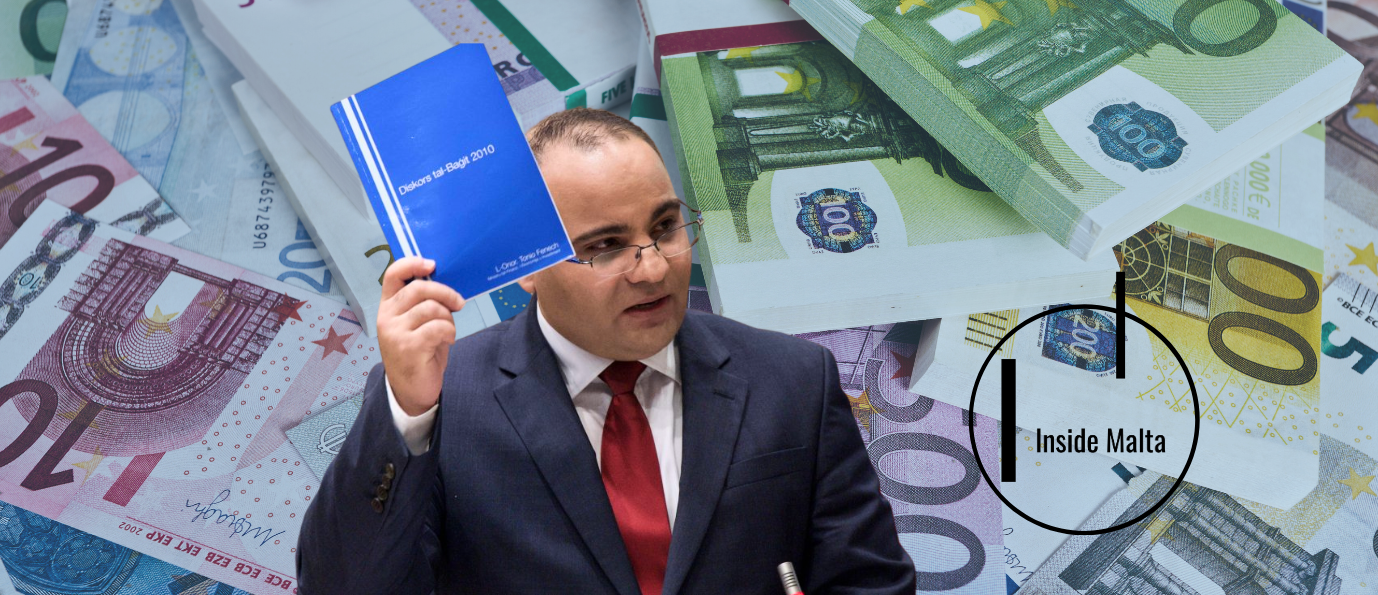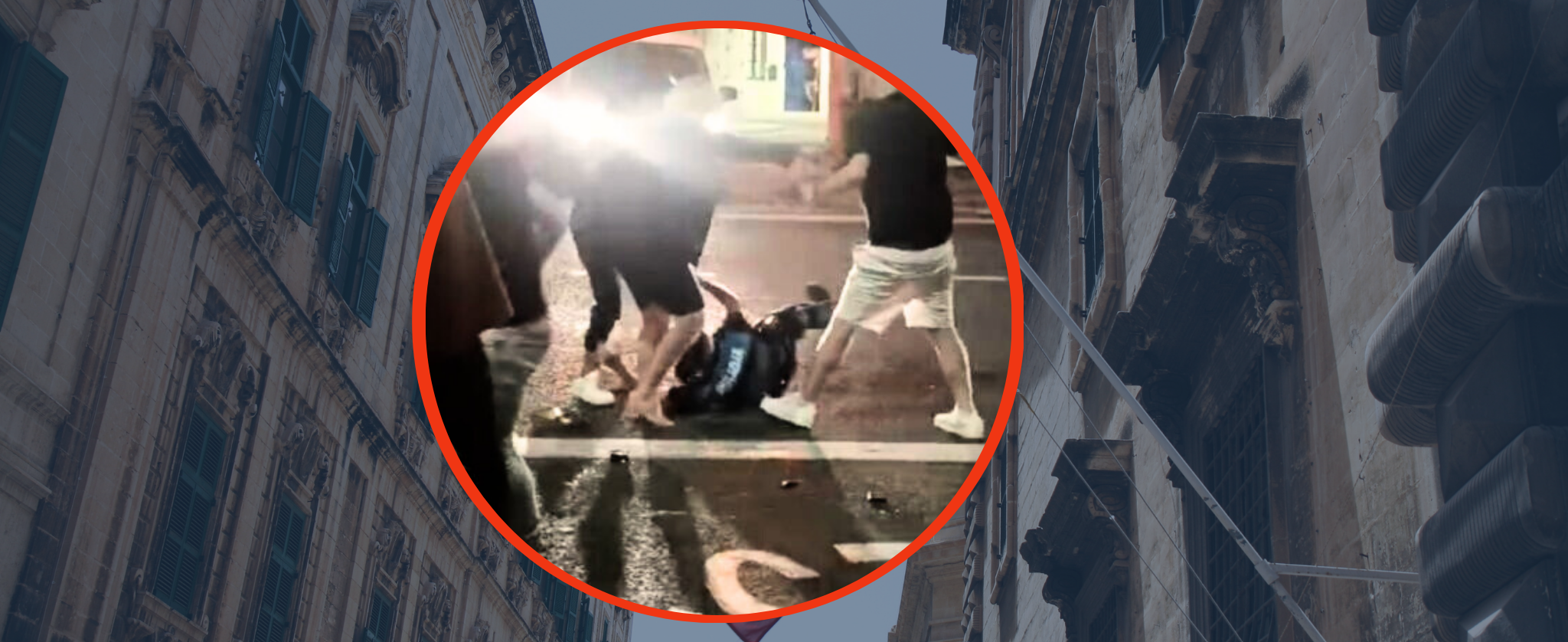Malta Budget 2025 sets big goals for economic transformation, aligned with Malta Vision 2050. This year’s budget outlines strategies for promoting a quality-driven economy, including initiatives to support high-skilled employment, digital efficiency, and economic resilience. While the Malta Budget 2025 promises big things, it misses the mark on several critical areas that affect both citizens’ financial stability and Malta’s overall investment appeal.
As we analyze the Budget 2025, we’ll also look at the holes and missed opportunities that could hinder Malta’s growth.
Lofty Ambitions and Promising Measures
Malta Budget 2025 lays the foundation for quality growth with 13 transformative initiatives. Some of the key budget measures include:
• Malta Enterprise Act Reform: This reform prioritizes industries that create well-paying jobs for local talent, which means high-skilled, high-value jobs. Malta hopes that supporting high-value-added sectors will reduce its reliance on low-skill, low-wage employment and attract companies that invest in the local economy.
• INDIS Act and New Industrial Policy: New INDIS Act allocates industrial land based on value-added, not just jobs. This shift is crucial because it targets sectors like digital tech, green tech, microchips, and aviation, all of which offer potential for sustainable, high-quality growth. Malta wants to use this act to boost its digital footprint based on best practices from cities like Copenhagen.
• Central Data Repository and Digital Identity Wallet: With AI and blockchain, the central data repository is a pioneering step in streamlining data sharing across government and private entities. The budget aims for a modern, efficient government that reduces bureaucracy and improves service. In addition, the digital identity wallet simplifies citizens’ access to government services, making Malta a leader in digital innovation.
• Investment in High-Performance Computing (HPC) and a European Digital Innovation Hub: The Malta Budget 2025 earmarks funds for a high-performance computing facility and an EU-backed Digital Innovation Hub, both designed to empower start-ups and SMEs. With the HPC, local companies and researchers can do advanced research, while the Digital Innovation Hub gives them access to expensive, cutting-edge technology.
Through these initiatives, Malta aims to improve its global competitiveness by emphasizing quality and sustainability. However, Malta Budget 2025 hasn’t been without criticism, as stakeholders question whether these measures will really help citizens and address economic problems.
Social Measures with Limited Impact
While the Malta Budget 2025 outlines ambitious economic goals, its social measures have been criticized for only providing short-term relief to vulnerable groups without addressing root causes. Key social initiatives include increased cost-of-living adjustments, children’s allowances, and VAT reductions on essential products. Despite helping low-income families manage rising costs, these measures don’t create a sustainable path out of poverty.Justice and Peace Commission is worried that the budget doesn’t cover enough to build a solid safety net. Despite their well-intentions, these short-term measures do little to tackle underlying economic insecurity among Malta’s most vulnerable citizens, including the elderly, homeless, and migrant workers.
Housing is a good example of this shortfall. There are VAT exemptions on essential sanitary products and incremental pension increases in the budget, but no comprehensive measures to deal with Malta’s affordable housing crisis. High demand and limited supply make renting and owning a home difficult for many households, but the budget doesn’t provide substantial solutions.
Economic and Business Environment: Promising Growth but Missing Governance
With a projected GDP growth of 4.3% and a narrowing deficit, Malta’s Budget 2025 offers a degree of fiscal stability. Because of Malta’s strong economy, the government is introducing Malta’s biggest income tax cuts ever, aiming to increase disposable income and stimulate domestic spending.
However, the Maltese business community has expressed concerns about governance issues and the need for a more positive business environment. The Chamber of SMEs says the budget ignores critical governance reforms, like a long-standing call to reduce corporate tax rates, which would make Malta more competitive and attractive for business. Small businesses argue that the 35% corporate tax rate stifles growth and discourages investment despite tax cuts for individuals.
Furthermore, the Chamber points out that overpopulation, infrastructure limitations, and an increased demand for resources are affecting Malta’s quality of life. Business leaders call for comprehensive urban planning initiatives to make Malta’s growth sustainable and manageable. It’s risky for Malta to lose its appeal as a business-friendly, quality-driven economy without adequate infrastructure investment.
Missed Opportunities in Workforce Development and Social Inclusion
Workforce development is a core focus in the Malta Budget 2025, with initiatives like the Interactive Media Academy and Aviation Academy to enhance high-value skills in sectors like game development and aviation. However, critics argue that these measures don’t lead to jobs in these industries. For example, while the budget emphasizes high-tech skills like AI and data science, there is limited support for connecting skilled graduates with relevant local job opportunities. In this gap, graduates risk going underutilized and may lead to a brain drain.
Additionally, the budget doesn’t address the needs of migrant workers, who often have trouble getting fair wages and jobs. Malta risks losing a crucial part of its workforce if it doesn’t have targeted programs for migrant inclusion.
Environmental Sustainability and Urban Planning Gaps
While the Malta Budget 2025 has green incentives, it doesn’t create a systemic approach to environmental and urban planning. Current measures focus on individual actions, like electric vehicle incentives, rather than broader urban development initiatives that address Malta’s rising population and limited resources. Malta needs a more comprehensive approach to sustainability, especially if it wants to become a model for quality and resilience, according to stakeholders.
Focusing on urban planning, especially in densely populated areas, would help Malta’s economy by creating a more livable environment that supports long-term growth and improves citizens’ quality of life.
The Hidden Tax: Frozen Bank Assets and Investment Appeal
In addition to these gaps, another critical issue missed in the Malta Budget 2025 is frozen bank assets. This ongoing issue acts as a “hidden tax” that limits financial freedom, effectively immobilizing assets that could otherwise be reinvested. Not only does this limit disposable income, but it also affects Malta’s attractiveness as an investment destination.
For investors, the risk of asset freezing poses a big concern, especially when considering Malta as a hub for high-value sectors. Businesses are less likely to invest in a country where funds can be tied up indefinitely, limiting both local and foreign investments. Addressing frozen assets could complement the budget’s goals of increasing financial capacity and supporting Malta’s economic growth, creating a more dynamic market that aligns with the government’s quality-driven goals.
A Call for Comprehensive Economic Planning
The Malta Budget 2025 marks a big step towards a quality-driven economy with strong initiatives in digital efficiency, high-skilled jobs, and infrastructure. However, to fully realize this vision, the government must address the gaps that limit the budget’s impact, from affordable housing and comprehensive workforce development to financial accessibility and governance improvements.
